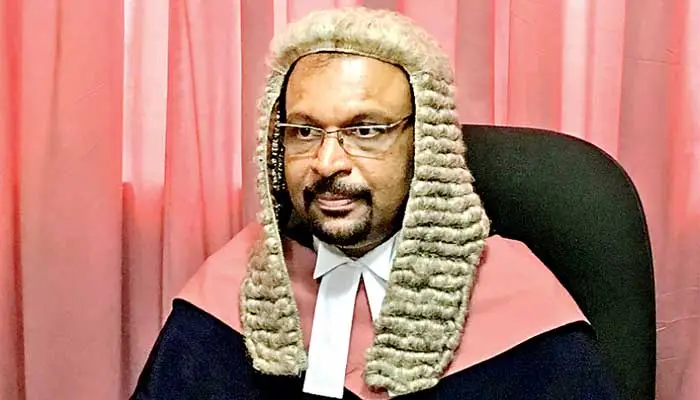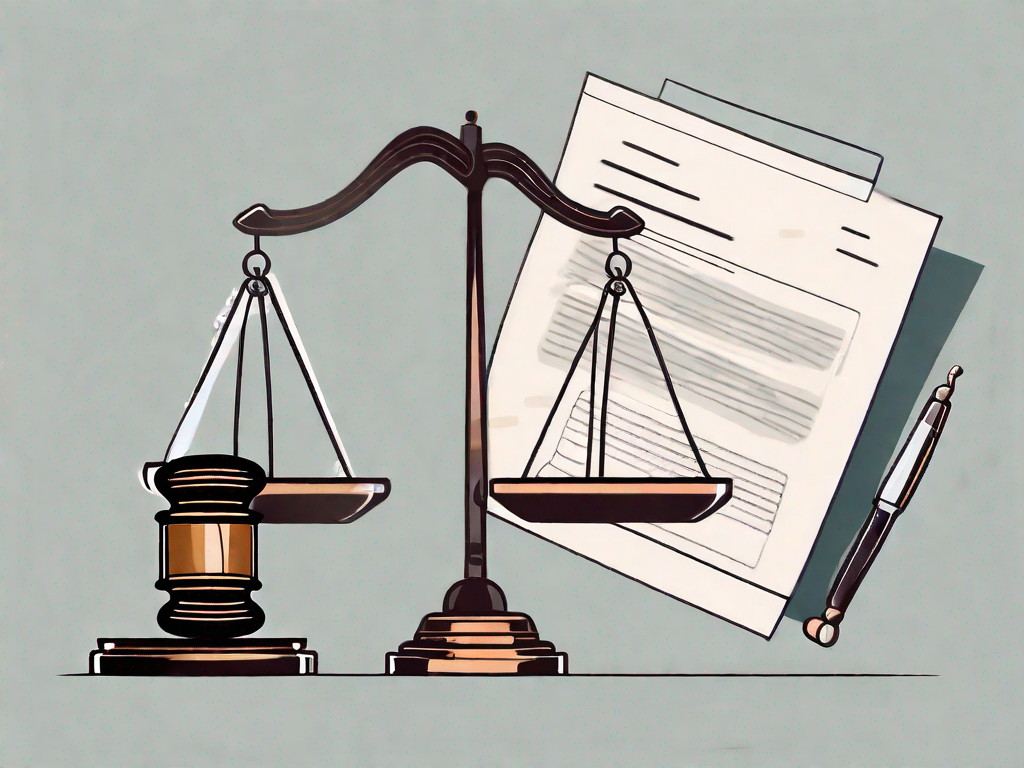The Supreme Court has suspended an attorney for five years due to repeated failures to appear in court during a criminal case. The attorney, who had been appointed as assigned counsel for an accused, exhibited chronic negligence in fulfilling his professional duties. Despite multiple opportunities to appear, the attorney failed to attend court hearings, citing …
Attorney suspended for Five Years over repeated failure to appear in court

The Supreme Court has suspended an attorney for five years due to repeated failures to appear in court during a criminal case. The attorney, who had been appointed as assigned counsel for an accused, exhibited chronic negligence in fulfilling his professional duties. Despite multiple opportunities to appear, the attorney failed to attend court hearings, citing personal difficulties, including a relocation to Homagama and family health issues.
His pattern of absenteeism persisted, leading to a formal complaint by the High Court judge. The Court found that the attorney’s conduct demonstrated “a chronic pattern of laxity and disregard towards the judicial process.” Furthermore, the attorney failed to adequately inform the court of his inability to attend or to arrange competent substitutes, which is essential to ensuring that his client’s legal rights were not compromised.
The Court noted that while the attorney cited personal challenges, including caring for a father who lost his eyesight, these circumstances did not account for his prior failures to appear in court. The Court emphasized that any attorney who is unable to attend court should take steps to either appoint a deputy or inform the court promptly, rather than leaving clients unrepresented. The Court observed that the attorney’s conduct, especially his failure to comply with procedural requirements after being served notice, demonstrated “manifest incompetence” and a lack of reform after being issued a Rule in 2023.
“…the sequence of events indicates serious lapses on the part of the Respondent to diligently represent his client during the case. The Respondent has, in fact, failed to appear on the very first court date after he accepted the assignment. What I observe in these circumstances is a chronic pattern of laxity and disregard towards the judicial process. 16. Appearing before the court on trial dates is the simplest of duties, among the many responsibilities an attorney is saddled with. A.R.B. Amerasinghe, J. in Professional Ethics and Responsibilities of Lawyers has to say the following in this regard:
“To begin with, an attorney engaged to defend an accused must ensure that the accused is never left unrepresented at any stage of the trial. He must not absent himself from a trial unless there are exceptional circumstances he could not have foreseen or he has obtained the consent of the client… If he must be absent at any stage, he should inform the judge and make arrangements for a competent deputy
who is well informed about the case and able to deal with any question which might reasonably be expected to arise and to guard the interest of the client. He should any event keep himself informed throughout the progress of the trial and in particular of any development which could affect his client…”
– Justice S. Thurairaja PC
| Case No | : | SC Rule No. 08/2023 (Decided on 30.10.2024) |
| Before | : | S. THURAIRAJA, PC, J. MAHINDA SAMAYAWARDHENA, J. & ARJUNA OBEYESEKERE, J |







